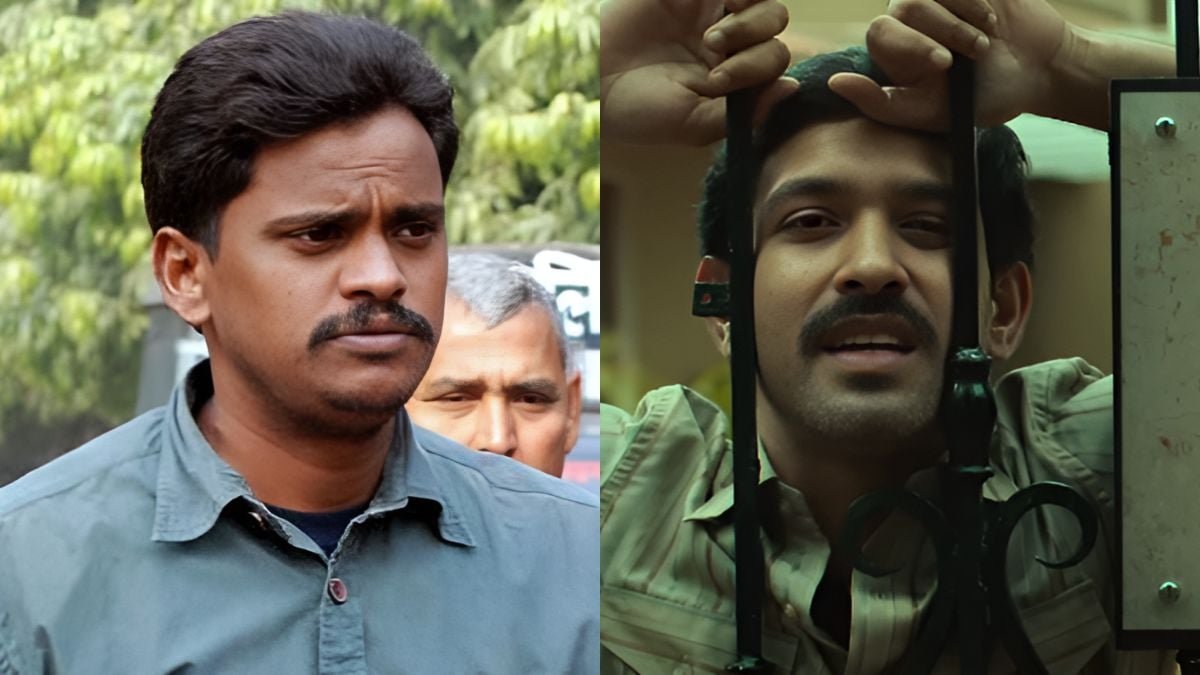Vikrant Massey and Deepak Dobriyal’s crime-thriller Sector 36 released on an OTT platform on September 13 and the actors are receiving rave reviews from fans and critics. Directed by Aditya Nimbalkar and written by Bodhayan Roychaudhury, the film is based on true events of the Nithari killings in Noida, the 2006 case which continues to haunt people’s memories
While Vikrant is seen Prem Singh, the serial killer, Deepak essays the role of Police Inspector Ram Charan Pandey. The names of the characters and people in the film have been changed by the makers.
What is the Nithari killings case?
The horrific events unfolded in Nithari village, located on the outskirts of Noida in Uttar Pradesh. It came to light in December 2006 when police unearthed a series of gruesome discoveries in the residence of a wealthy businessman Moninder Singh Pandher and his servant, Surinder Koli. The house became the epicenter of serial murder cases. Investigators stumbled upon a cache of human remains, including skulls and bones, buried in and around the property.
Sector 36 Review: Vikrant Massey’s Film Is A Chilling Crime Thriller That Fizzles In The Final Act
Pandher and Koli were arrested following the discovery. The investigation revealed a horrifying pattern of abduction, rape, and murder involving young children and women. The victims, many of whom were from impoverished backgrounds, had been lured to the house with promises of work or food.
The investigation, led by the Uttar Pradesh Police, gained national attention because of the scale of the atrocities and the brutality of the crimes.
During the trial in 2009, Koli confessed to his involvement, and revealed how he and Pandher had targeted vulnerable individuals. According to media reports, Koli had also mentioned that he loved to eat human body.
Pandher, who was a womaniser and a pedophile, however, denied any wrongdoing, claiming he was unaware of Koli’s actions. The case was further complicated by allegations of police negligence and procedural lapses.
In 2019, Koli was sentenced to death for the henious crime, while Pandher was acquitted due to insufficient evidence directly linking him to the murders. The verdict was met with a mix of relief and dismay, as many felt that justice had not been fully served.
In the years following the trial, the families of the victims have continued to seek justice and closure. Many have also criticised the legal system’s handling of the case.




